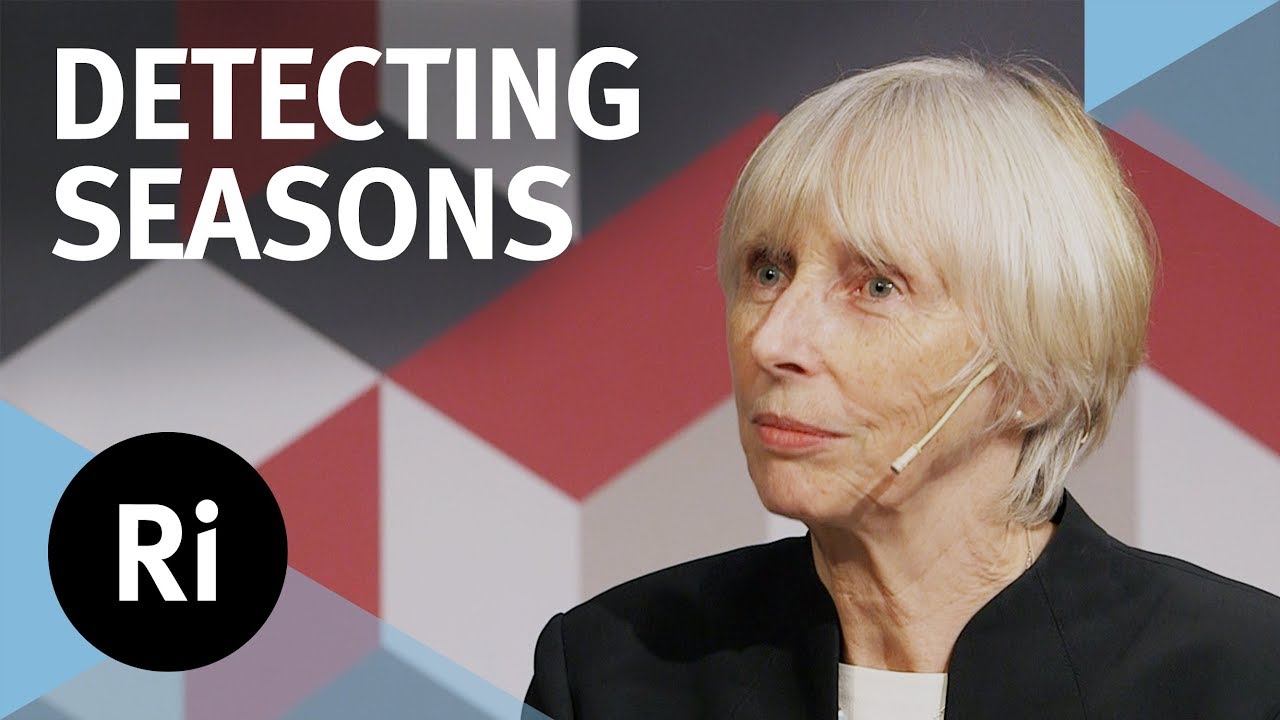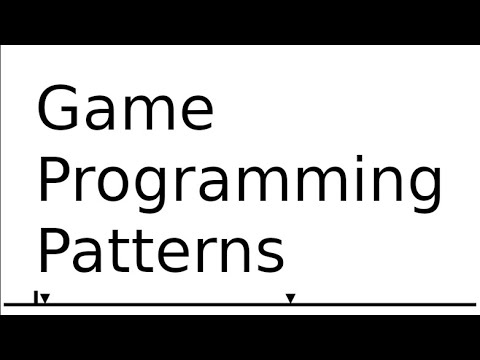The Royal Institution
Caroline Dean explores how plants monitor seasons and how their molecular memory systems help them sense fluctuating winter temperatures.
Subscribe for regular science videos: http://bit.ly/RiSubscRibe
Watch the Q&A: https://youtu.be/UrwjJBTccE0
Dame Caroline Dean is a plant scientist working at the John Innes Centre. She is focused on understanding the molecular controls used by plants to seasonally judge when to flower. She is specifically interested in vernalisation — the acceleration of flowering in plants by exposure to periods of prolonged cold.
This talk and Q&A was filmed in the Ri on 28 June 2019.
—
A very special thank you to our Patreon supporters who help make these videos happen, especially:
Andrew McGhee, Dave Ostler, David Lindo, David Schick, Erik Shepherd, Greg Nagel, Ivan Korolev, Joe Godenzi, Julia Stone, Lasse T. Stendan, Lester Su, Osian Gwyn Williams, Paul Brown, Radu Tizu, Rebecca Pan, Robert Hillier, Robert Reinecke and Roger Baker.
—
The Ri is on Patreon: https://www.patreon.com/TheRoyalInstitution
and Twitter: http://twitter.com/ri_science
and Facebook: http://www.facebook.com/royalinstitution
and Tumblr: http://ri-science.tumblr.com/
Our editorial policy: http://www.rigb.org/home/editorial-policy
Subscribe for the latest science videos: http://bit.ly/RiNewsletter
Product links on this page may be affiliate links which means it won’t cost you any extra but we may earn a small commission if you decide to purchase through the link.
Source




The universe if fundamentally conscious and intelligent !!
Wonderful video
Oak before the Ash we're going to get a splash
Cool but wordy.
Excellent…
About 15% of audience puts their hands up and she assumes they allknow. Apart from that great present from royal institute and the speaker once again!
I'd put money on there being a proximity effect , such that a molecular off state will switch on easier if there is a on state molecule next to it. The hysterisis during spring is likely due to a low population of on state molecules.
She looks like Brian Cox's mom
Well put together and fascinating! (Try not to use Comic Sans :))
This lecture could have been finished within 20 minutes .bit this schalor is uselessly interested in her personal biography & unwanted over explainstion simple things of her research that could have been bypassed.
Packed with knowledge which most of us should be aware of. Particulatly if we consider our own Health and physical changes by things we eat amd stages in Life.. and ofcourse our microbiome too😛😌📚📖💡🕯🗝📊🧬🧘♂️
Something that would help a lot is English subtitles. Thanks for the lecture.
Boring presentation. Spends too much time telling us how great SHE is instead of explaining the actual mechanisms.
Excellent presentation for the nonfamiliar. I wonder if I the epigenetic relationship in Parkinsons disease has been looked at in this expert way. I did a web search — but you know how those go. More data mythology than i can deal with. but i will delve further. How fine would it be to discover that the gut influences the epigenetic such that they "freeze"
this is one of those things I always wanted to know yet failed to find any good talk on, thanks so much for hosting this!
This is a terrific talk. Thank you RI and Ms. Dean. Now I know a lot more about something I have always wondered about!!